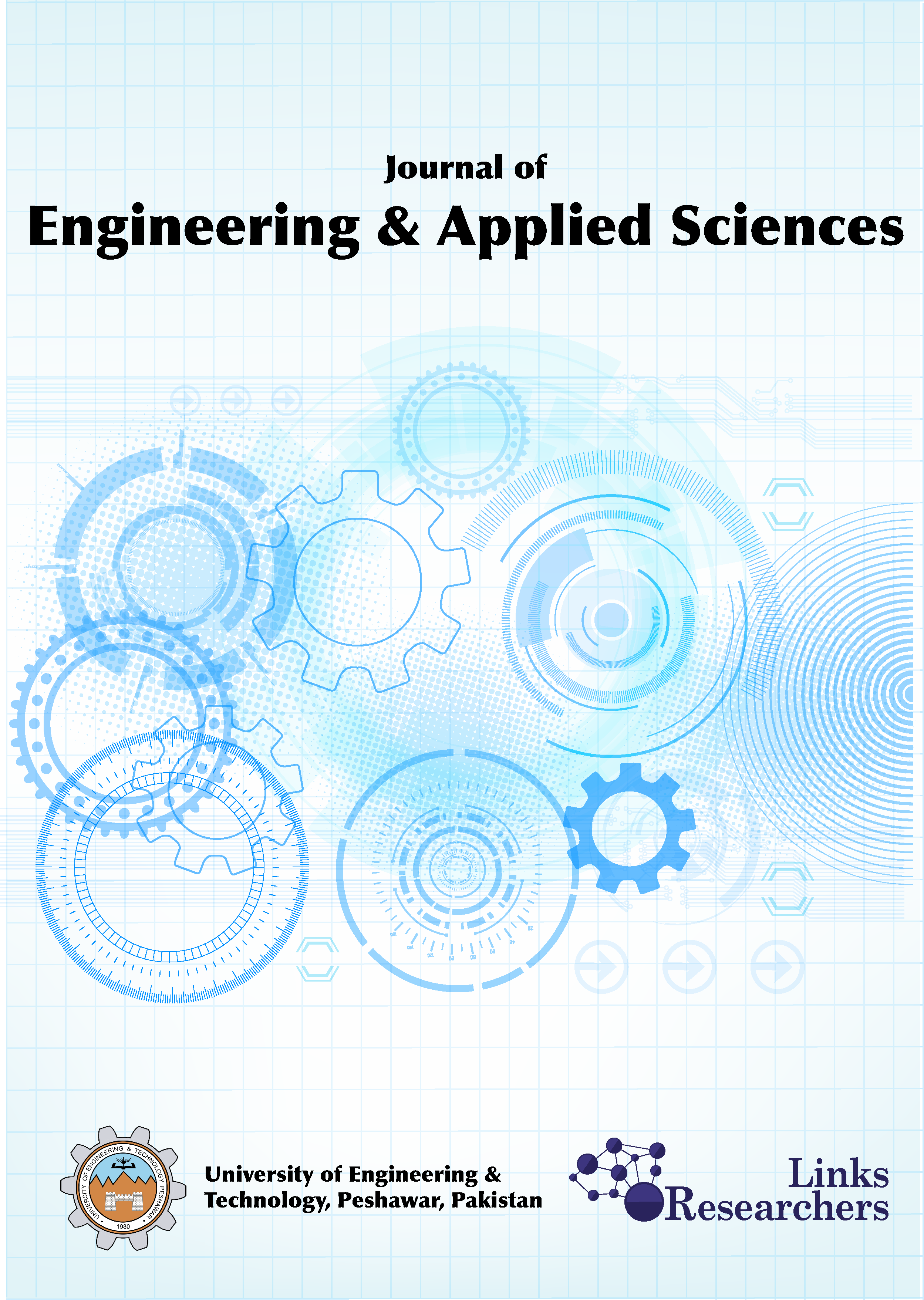In most parts of the world, particularly developing countries, there is no practice of keeping proper records of the handling, treatment and disposal of urban and industrial solid wastes. For this reason, there are difficulties in planning solid waste management. In this context, this study aims to determine the organization’s role in record keeping and solid waste management in the Hayatabad Industrial Zone, Peshawar. To this end, a questionnaire survey was carried out among 105 industries and relevant government departments were interviewed. The solid waste generation rate for the operating industries was 125,481 kg/ day. Only 33% of the waste generated is reused, and 26% is sold to the community at low cost. About 41% solid waste is thrown away as waste. Fifty percent of discarded waste (41%) is properly collected and disposed of. These wastes include wood (27%), paper (20%), glass/ceramics (16%), metals (16%), plastics (11%), rubber (6%), and sand/stone (5%). The waste management questionnaire survey showed poor performance in collection (67.5%), treatment (82.5%) and recycling (42.5%). This study proposes that there is no separate organizational set up to separately treat industrial and municipal waste. As a result, it is difficult to manage the recovery of industrial solid waste. Therefore, it is recommended that industrial wastes be handled properly with good resource recovery.




